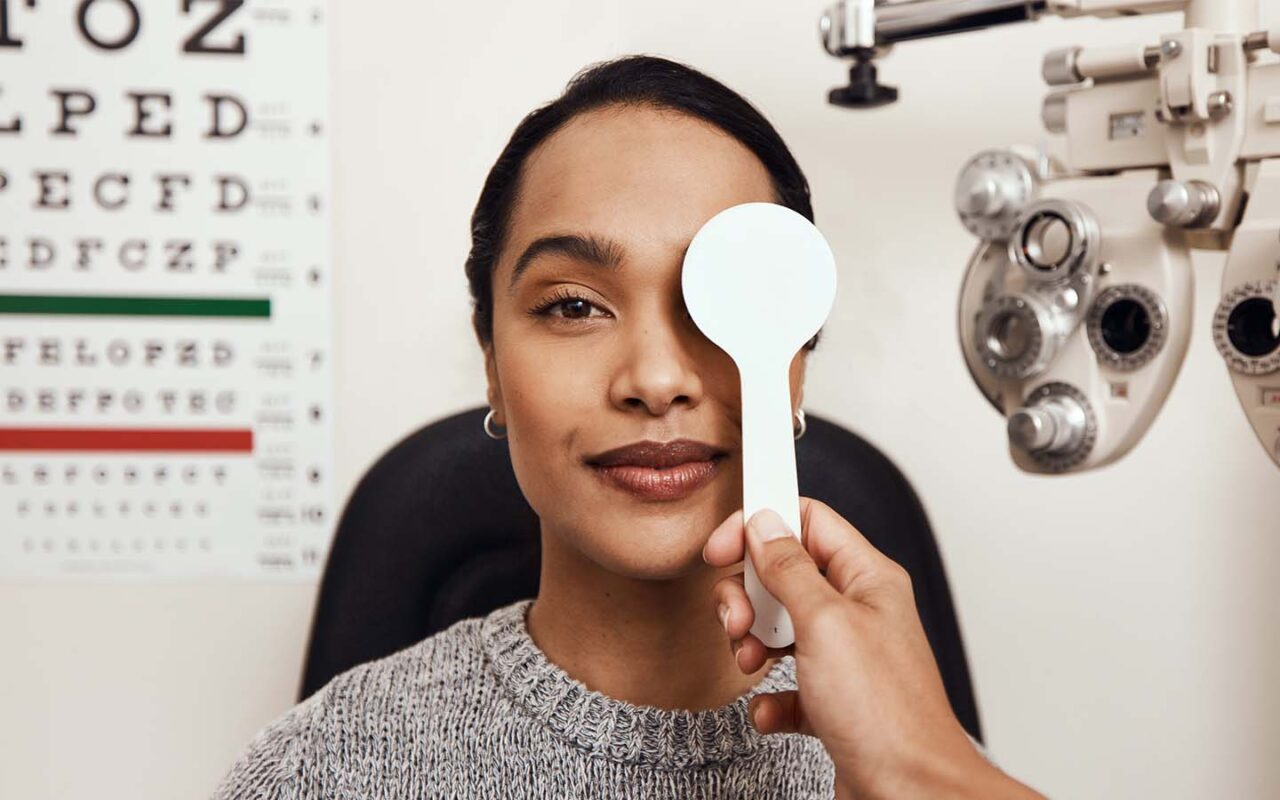All Categories
Featured
Table of Contents

Routine eye exams are necessary for preserving great vision and finding prospective eye health issues early. Nevertheless, the regularity of these tests can vary significantly based upon an individual's age, way of life, and general health. Recognizing the recommended timetable for eye exams can assist guarantee that people of all ages obtain appropriate care and surveillance for their eye health and wellness.
Infants and Toddlers (0-2 Years)
For infants and young children, eye exams are crucial for detecting any kind of potential vision problems early on. The American Academy of Ophthalmology advises that a kid's very first eye examination should take place at around 6 months of age. Throughout this initial visit, the eye treatment professional will certainly assess the youngster's aesthetic growth and look for any kind of obvious eye problems.Following this first exam, it is advised that children have another eye examination at age 3. This visit will certainly focus on assessing the child's overall aesthetic function, including eye alignment and the capacity to track items. If no concerns are discovered, the next examination ought to be scheduled before the youngster begins school, generally around age five or 6.
School-Aged Kids (6-18 Years)
When kids get to school age, normal eye exams need to be arranged every one to 2 years. Vision is important for finding out and growth, and lots of institutions carry out vision testings. These testings do not replace a detailed eye examination by an eye care expert.For youngsters associated with activities or sporting activities calling for significant aesthetic focus, yearly eye exams might be recommended. Furthermore, if a youngster exhibits signs of vision problems-- such as difficulty reviewing, squinting, or regular migraines-- a see to the eye doctor must be arranged as soon as possible.
Young Person (19-39 Years)
Young person generally have less vision adjustments than older age teams, however normal eye tests continue to be crucial. The general suggestion is to schedule an eye exam every 2 years throughout this period. However, people with details risk elements-- such as a family history of eye condition, diabetic issues, or those that wear call lenses-- need to consider annual eye tests.In addition, those that invest significant time on electronic tools may experience electronic eye pressure. If signs such as dryness, fatigue, or obscured vision occur, it might be wise to see an eye treatment specialist earlier.
Adults (40-64 Years)
Adults aged 40 to 64 ought to arrange eye tests every one to 2 years. Eye exams can also help find other usual age-related problems such as glaucoma, cataracts, and macular degeneration.If people in this age have threat variables such as high blood pressure or diabetic issues, they might require more constant evaluations to monitor their eye health very closely.
Seniors (65 Years and Older)
For elders, routine eye tests become even much more crucial. The American Optometric Association advises that people matured 65 and older have an eye exam at least when a year.Final thought.
Recognizing the appropriate routine for eye examinations based on age is essential for preserving optimum eye wellness throughout life. By adhering to these guidelines and seeking advice from with an eye treatment professional, people can take proactive steps towards maintaining their vision and total wellness.Table of Contents
Latest Posts
Vision Center South – Troy’s Premier Optometrists Await – Book Now!
Published May 02, 25
2 min read
Discover Vision Center South’s Optometrists – Expert Care Awaits
Published Apr 29, 25
2 min read
Discover Vision Center South’s Optometrists – Top-Notch Care Awaits
Published Apr 28, 25
2 min read
More
Latest Posts
Vision Center South – Troy’s Premier Optometrists Await – Book Now!
Published May 02, 25
2 min read
Discover Vision Center South’s Optometrists – Expert Care Awaits
Published Apr 29, 25
2 min read
Discover Vision Center South’s Optometrists – Top-Notch Care Awaits
Published Apr 28, 25
2 min read